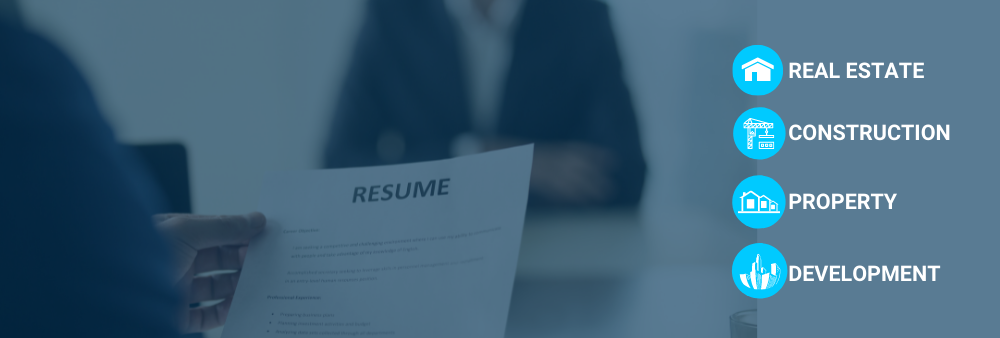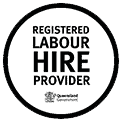Gough Recruitment’s Helpful Interview Tips
Preparation for the Interview:
- Know the exact place and time of the interview, the interviewer’s full name, the correct pronunciation of his/her title.
- Find out specific facts about the company – where its offices are located, what its services are, what its growth potential is for the future. If the consultant hasn’t briefed you there are a number of Internet sites providing this kind of information. Don’t forget to search the company’s social media sites as well to get an idea of its culture.
- Refresh your memory on the facts and figures of your present and former employers, you will be expected to talk about companies that you have previously worked for.
- Prepare the questions you will ask during the interview. Remember that an interview is a “two-way street”. The employer will try to determine through questioning if you have the qualifications and experience to do the job. You can then find out through questioning whether the company will give you the opportunity for the growth and development you seek. Probing questions you might ask could include:
- A detailed description of the position?
- Reason the position is available?
- Culture and values of company?
- Anticipated induction and training program?
- What sort of people have done well in the company?
- Is progressive training available for those who perform well?
- Company’s growth plans?
- Best-selling services?
- The company’s recruitment process?
- Dress as conservatively as possible in a dark coloured business suit (black, dark blue or grey if possible) and closed in black shoes.
The Interview: Some do’s and dont’s concerning the interview….
- DO plan to arrive on time or a few minutes early. Late arrival for a job interview is never excusable.
- DO fill it out any paperwork neatly and completely. If you have a personal resume, be sure the person you release it to is the person who will actually do the hiring.
- DO greet the interviewer by his/her surname if you are sure of the pronunciation. If you are not, ask them to repeat their name.
- DO shake hands firmly.
- DO wait until you are offered a chair before sitting. Sit upright in your chair, look alert and interested at all times. Be a good listener as well as a good talker. Smile!
- DO look a prospective employer in the eye while you talk to him/her.
- DO follow the interviewer’s leads but try to get the interviewer to describe the position and the duties to you early in the interview so that you can relate your background and skills to the position.
- DON’T answer questions with a simple “yes” or “no”. Explain whenever possible. Tell those things about yourself which relate to the position.
- DO make sure that your good points get across to the interviewer in a factual, sincere manner. Keep in mind that you alone can sell yourself to an interviewer. Make him/her realise the need for you in his/her organisation. Smile!
- DO be prepared to answer typical questions like:
- What kind of job are you looking for?
- What are your strengths?
- Your weaknesses?
- What do you know about our company?
- Why did you choose your particular vocation?
- What are your qualifications?
- DON’T lie. Answer questions truthfully, frankly and as to the point as possible.
- DON’T ever make derogatory remarks about your present or former employers or companies.
- DON’T over answer questions. The interviewer may steer the conversation into politics or economics. Since this can be ticklish, it is best to answer the questions honestly, trying not to say more than is necessary.
- DON’T enquire about salary, holidays, bonuses, etc. at the initial interview. Your consultant will know what the employer is looking to pay and what your salary expectations are. They will negotiate a salary package on your behalf.
- DO always conduct yourself as if you are determined to get the job you are discussing. Never close the door on opportunity. It is better to be in a position where you can choose from a number of jobs rather than only one.
Closing the Interview:
- If you are interested in the position, ask for it. Ask for the next interview if the situation demands. If he/she offers the position to you, and you want it, accept on the spot. If you wish some time to think it over, be courteous and tactful in asking for that time. Set a definite date when you can provide an answer or refer the interviewer to your consultant.
- Don’t be too discouraged if no definite offer is made. The interviewer will probably want to communicate with his/her office first or interview more applicants before making a decision.
- If you get the impression that the interview is not going well and that you have already been rejected. Don’t let your discouragement show. Once in a while, an interviewer who is genuinely interested in your possibilities may seem to discourage you in order to test your reaction.
- Thank the interviewer for his/her time and consideration of you only if you have answered the two questions uppermost in his/her mind:
- Why are you interested in the job and the company?
- What can you offer and can you do the job?
After the Interview: Last and most important, call our Consultant who referred you to the position immediately after the interview and explain what happened. They will want to talk with you before the Consultant calls the interviewer for feedback. If you are interested in progressing further it will assist if your feelings towards the position are known, together with your perception of what the client’s reaction is likely to be.





